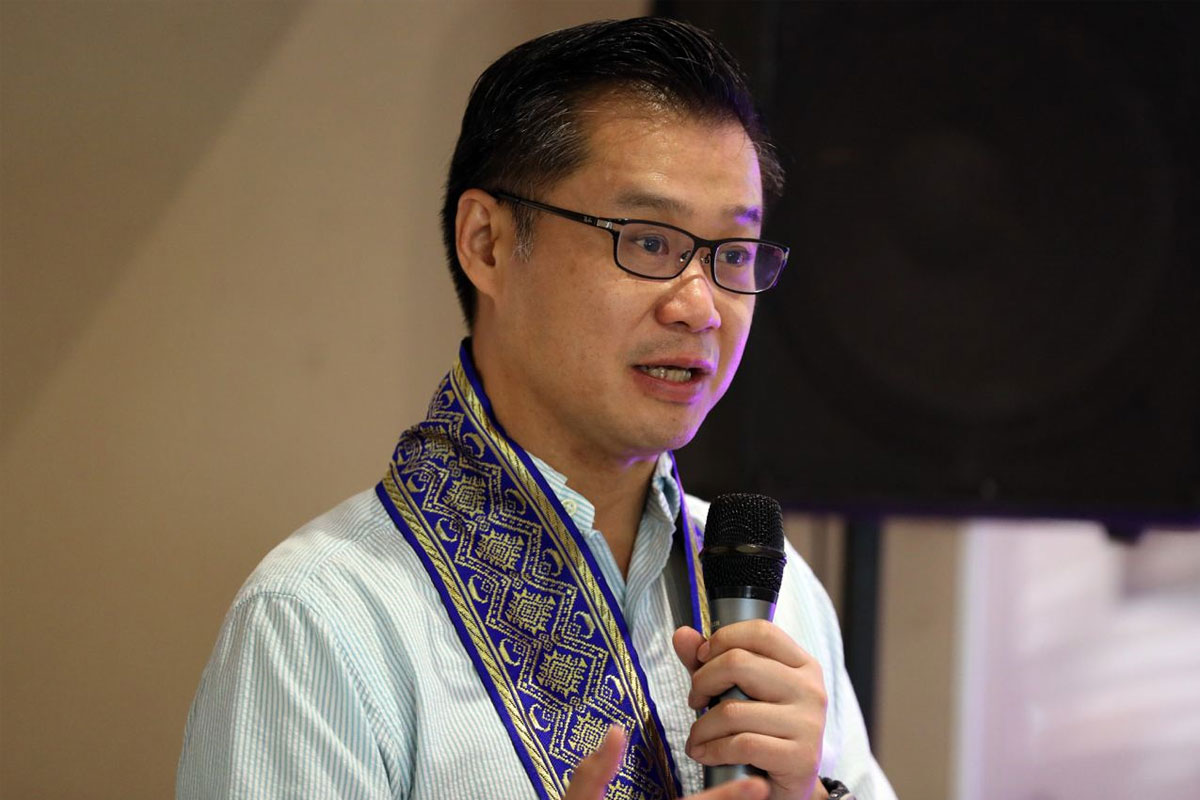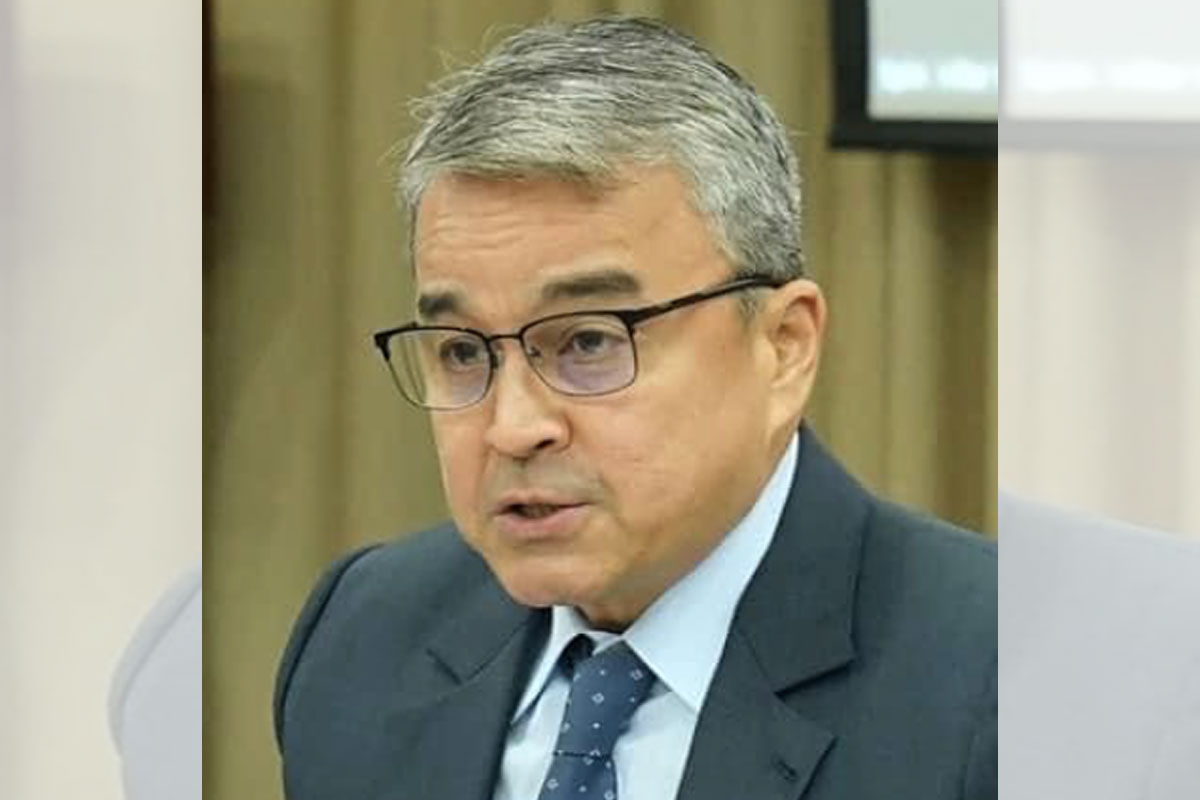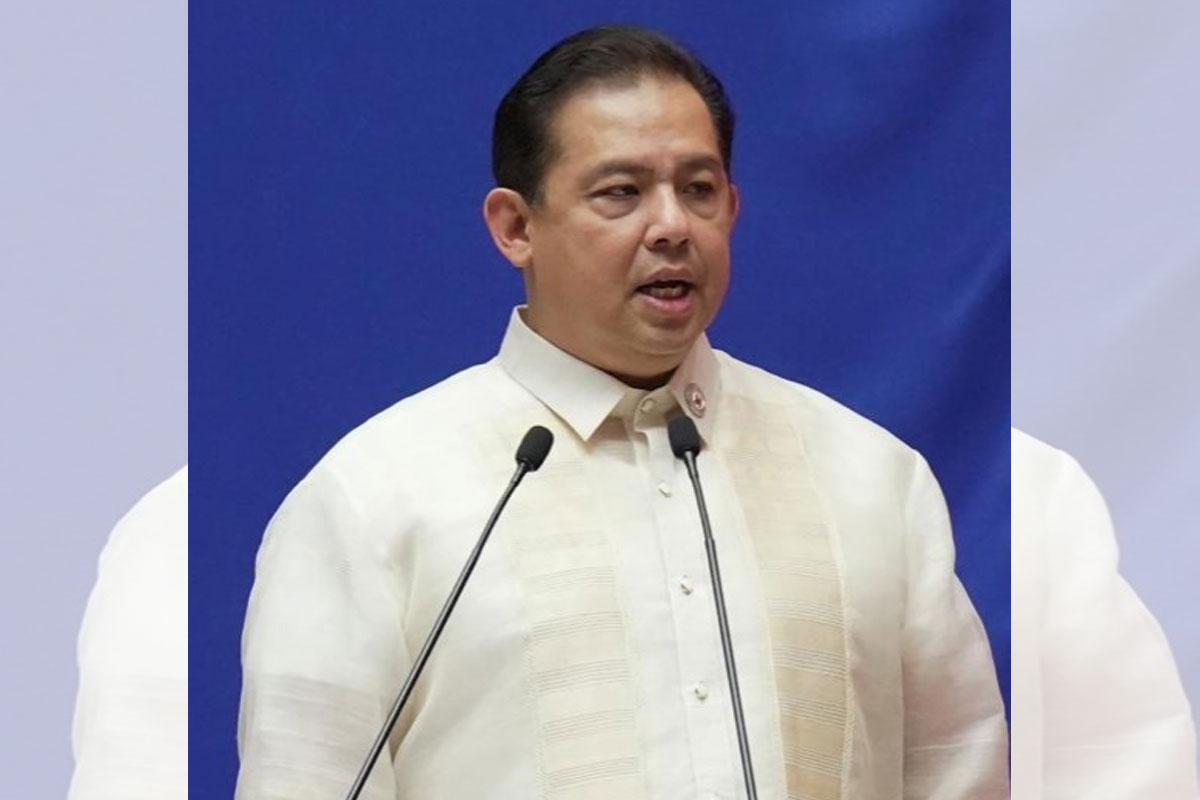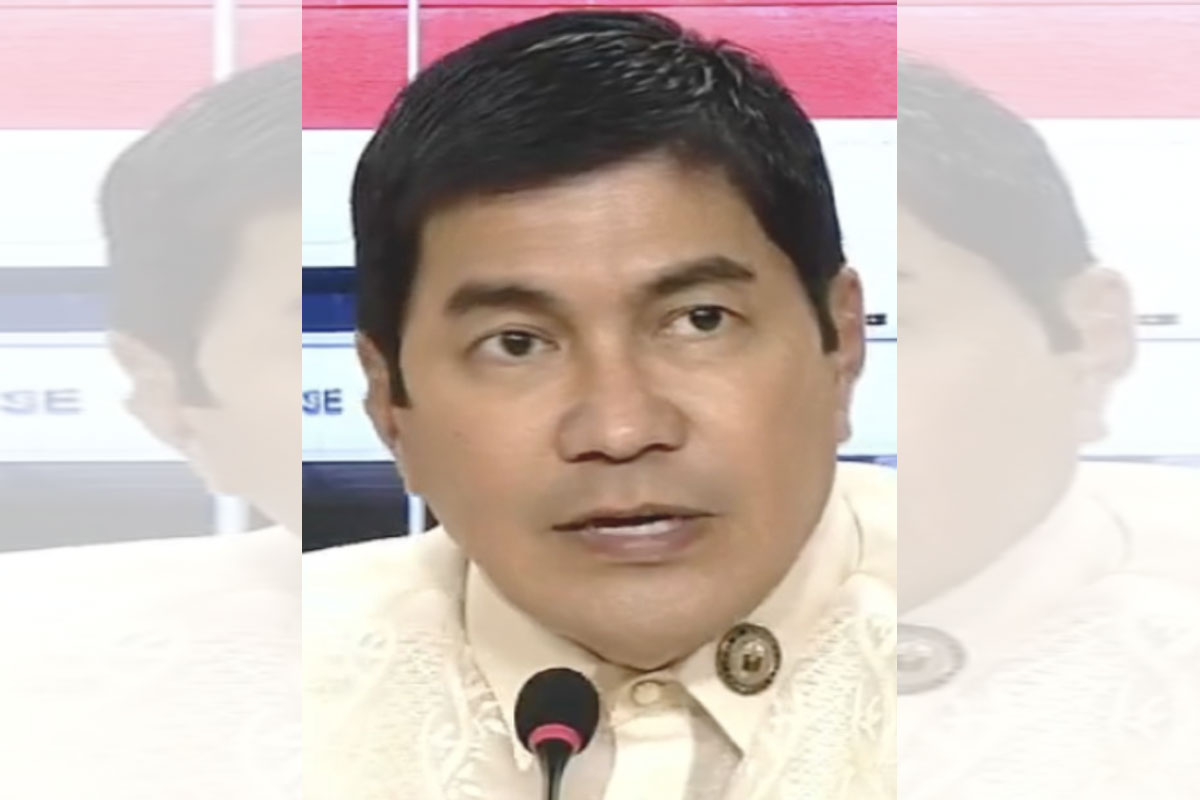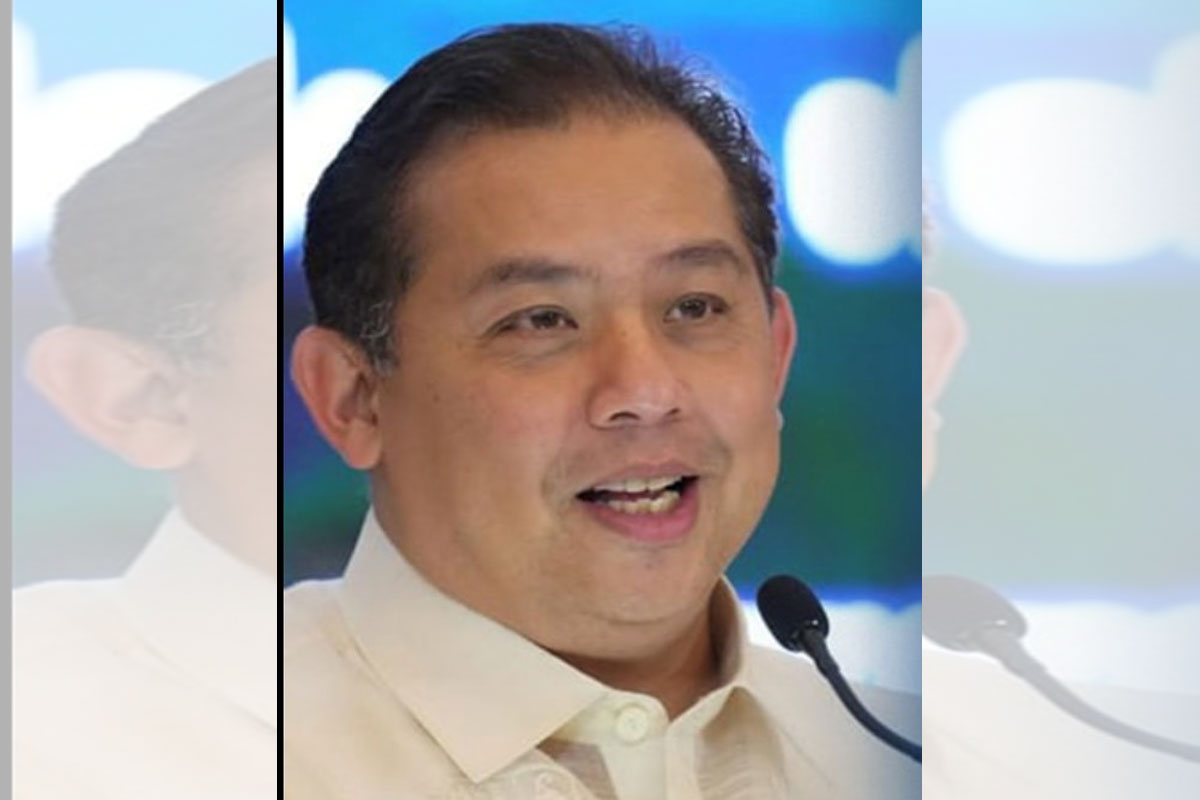
Saving lives, preserving livelihood
 The lesson here is self-regulation doesn’t work. – US Rep. Pramila Jayapal (D., Wash.)
The lesson here is self-regulation doesn’t work. – US Rep. Pramila Jayapal (D., Wash.)
It’s a living, to be sure – actually, a way of life.
Some workers are “married” to the land and can’t somehow adjust to non-farm work.
Working the soil and watching it bear fruit is wired into their system.
They derive so much indescribable joy at the prospect of a bountiful harvest of grains, beans, and leafy greens.
Sometimes the leafy crops may not even be edible or food-grade and are consumed as “pleasure products”.
Does it really matter if growing them puts food on their tables, keeps their homes running, lets their kids attend classes, and still leaves a little for medicine and other emergency needs?
Just let them keep these things, and they hardly need anything else from the government.
They are quite a dignified lot: They just want to earn their keep and be left alone.
Surely, something that has sustained farming communities for generations, spurred rural or regional development, contributed to government coffers, overall national productivity, and the country’s economic growth is worth keeping and enhancing.
Thus, it came as no surprise to Ped Xing that tobacco farmers/growers called on the President to enact the vape bill to protect their livelihood and preserve their way of life.
These twin goals can be achieved with proper regulation of cigarette alternatives such as e-cigarettes and heated tobacco products as part of government efforts to stop illicit trade and plug tax leaks.
Both the Philippine Tobacco Growers Association and the National Federation of Tobacco Farmers Associations and Cooperatives (with a combined 45,000 members) expressed support for the bill overwhelmingly approved by the Senate and the House of Representatives.
The measure is a consolidation of Senate Bill 2239 or the “Vaporized Nicotine and Non-Nicotine Products Regulation Act” and House Bill 9007 or the “Non-Combustible Nicotine Delivery Systems Regulation Act”.
It seeks to combat illicit trade and promote a level playing field between and among foreign and domestic manufacturers, importers and exporters of vaporized nicotine and non-nicotine products.
It would ensure that only the Department of Trade and Industry-registered and Bureau of Internal Revenue-compliant products are allowed in the market, while requiring the approval of the Food and Drug Administration for products with medicinal, therapeutic or reduced risk claims.
Philippine Tobacco Growers Association president Saturnino Distor said the bill would provide a regulatory framework to ensure that these products contribute revenues to the national coffers and support the local agriculture sector.
“The PTGA wishes for the signing of the Vape Bill into law to ensure there is a proper regulation for these new products),” Distor said.
The group said the measure would also promote the utilization of local tobacco leaves.
“This will provide a big support to our local farmers who depend on the tobacco industry especially amid the pandemic,” it said.
In a letter to Duterte sent through Executive Sec. Salvador C. Medialdea on January 13, PTGA called for the signing of the bill into law to regulate the importation, manufacture, sale, packaging, distribution, promotion, use and consumption of e-cigs, HTPs and other alternatives to combusted cigarettes.
NAFTAC also sent a letter to the President on January 22 to express support for the bill, saying it would sustain the livelihood of tobacco farmers already struggling amid the pandemic.
It noted that tobacco growers barely survived a number of challenges last year, including the higher excise tax imposed on tobacco which led to lower sales and farm production.
It said that the VNP bill would help sustain the legitimate tobacco industry and ensure that proper taxes are collected from these new products.
Excise tax collections of the Bureau of Internal Revenue from cigarettes increased by 31 percent to P83 billion in the first seven months of 2021 compared with the P63 billion collected during the same period last year.
“Based on the actual volume as of July 2021, cigarette excise tax collections reached 82.97 billion pesos or a 31 percent increase than last year’s collections of 63.3 billion pesos,” according to Finance Assistant Sec. Ma. Teresa Habitan.
It was only under the Duterte administration that excise taxes on cigarettes and other tobacco products were increased thrice to raise more funds for the Universal Health Care program and the government’s other priority initiatives.
If signed into law, it would empower tobacco growers to become a part of the alternative tobacco product industry, which would also be derived from tobacco leaves, it said.
At present, most vaporized nicotine products are imported from other countries to the detriment of local farmers.
PTGA said the bill would encourage sourcing of raw materials from local farmers and even enable them to tap the export market.
“If the market for these alternative products grows in the coming years, it would be better to have proper regulation. We also want to become a part of the growth potential of these new products, not only in the local industry, but also in the export market,” it said.
It added: “We believe that with proper regulation and government support, these modern nicotine products will allow us to contribute raw materials from tobacco.”
“We also believe that this Vape Bill will give appropriate regulation that can help ensure the right taxes are collected from these new products—taxes that help with our livelihood),” PTGA said.
The bill represents hope that tobacco farmers would be able to help their families from the impact of the pandemic and the negative impact of the World Health Organization’s Framework Convention on Tobacco Control on the local industry, according to NAFTAC president Bernard R. Vicente.
“We hope that the vape bill will become a law to protect our livelihood and give us new tobacco products that are more acceptable and less harmful to health compared to traditional cigarettes. Manufacturers will eventually buy raw materials from us,” NAFTAC said.
It added: “We ask our dear President to listen to the voice of the poor tobacco farmers and help us by signing the vape bill into law. This will secure the livelihood of tobacco farmers in the Philippines).”
Regulating e-cigs and HTPs is expected to help 16 million Filipino smokers quit and spare them from serious health risks.
Behold God’s glory and seek His mercy.
Pause, ponder, act, and pray, people


